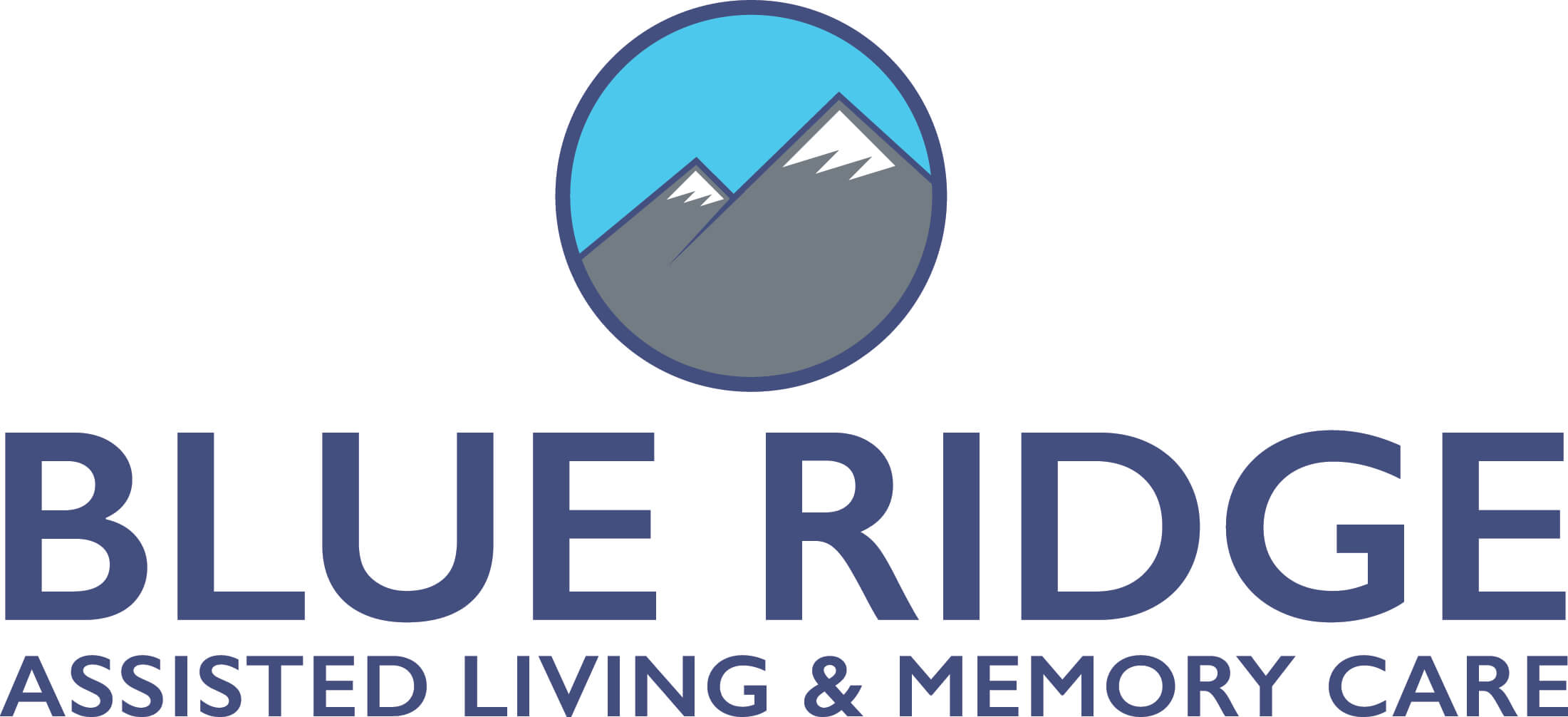Memory care units in Copperhill, GA provide specialized care for individuals with Alzheimer’s disease, dementia, and other forms of memory loss. These units are designed to provide a safe and comfortable environment for residents while also addressing their unique needs and challenges. One of the challenges that many residents in memory care units face is post-traumatic stress disorder (PTSD). In this post, we will discuss how PTSD management works in a memory care unit in Copperhill, GA.
Understanding PTSD in Memory Care Units
PTSD is a condition that can affect anyone who has experienced a traumatic event. In memory care units, residents may experience PTSD as a result of past experiences, such as war, abuse, or neglect. PTSD can cause a variety of symptoms, including flashbacks, anxiety, depression, and insomnia. Understanding PTSD and its symptoms is the first step in developing a plan of care for residents in memory care units.
Assessment and Diagnosis
To effectively manage PTSD in memory care units, it is essential to identify and diagnose residents who are experiencing symptoms. Caregivers in memory care units in Copperhill, GA will conduct a thorough assessment of each resident’s medical history, including any past traumatic events. They will also observe the resident’s behavior and mood to identify any signs of PTSD. Once a diagnosis is made, caregivers will develop a personalized plan of care for the resident.
Medication Management
In some cases, medication may be necessary to manage the symptoms of PTSD in memory care unit residents. Caregivers will work closely with the resident’s physician to identify appropriate medications and doses. Medications can help alleviate symptoms such as anxiety, depression, and insomnia, allowing residents to feel more comfortable and relaxed in their environment.
Therapy and Counseling
Therapy and counseling are essential components of PTSD management in memory care units in Copperhill, GA. Caregivers will work with residents to provide emotional support and guidance to help them manage their symptoms. Group therapy sessions may also be provided to give residents a sense of community and help them connect with others who are experiencing similar challenges.
Creating a Safe and Supportive Environment
Creating a safe and supportive environment is essential in managing PTSD in memory care unit residents. Caregivers will work to create a calming and predictable environment that minimizes triggers and stressors that could exacerbate PTSD symptoms. They will also provide a structured routine to give residents a sense of security and stability.
Education and Training for Caregivers
Caregivers in memory care units in Copperhill, GA receive specialized training and education to effectively manage PTSD in residents. They learn about the symptoms of PTSD, effective communication techniques, and how to create a safe and supportive environment. This training enables caregivers to provide the best possible care for residents with PTSD.
PTSD management is an essential part of care in memory care units in Copperhill, GA. Caregivers in these units work closely with residents and their families to develop personalized plans of care that address their unique needs and challenges. Through medication management, therapy, and counseling, creating a safe and supportive environment, and providing specialized training and education for caregivers, residents with PTSD can live comfortably and securely in memory care units.







